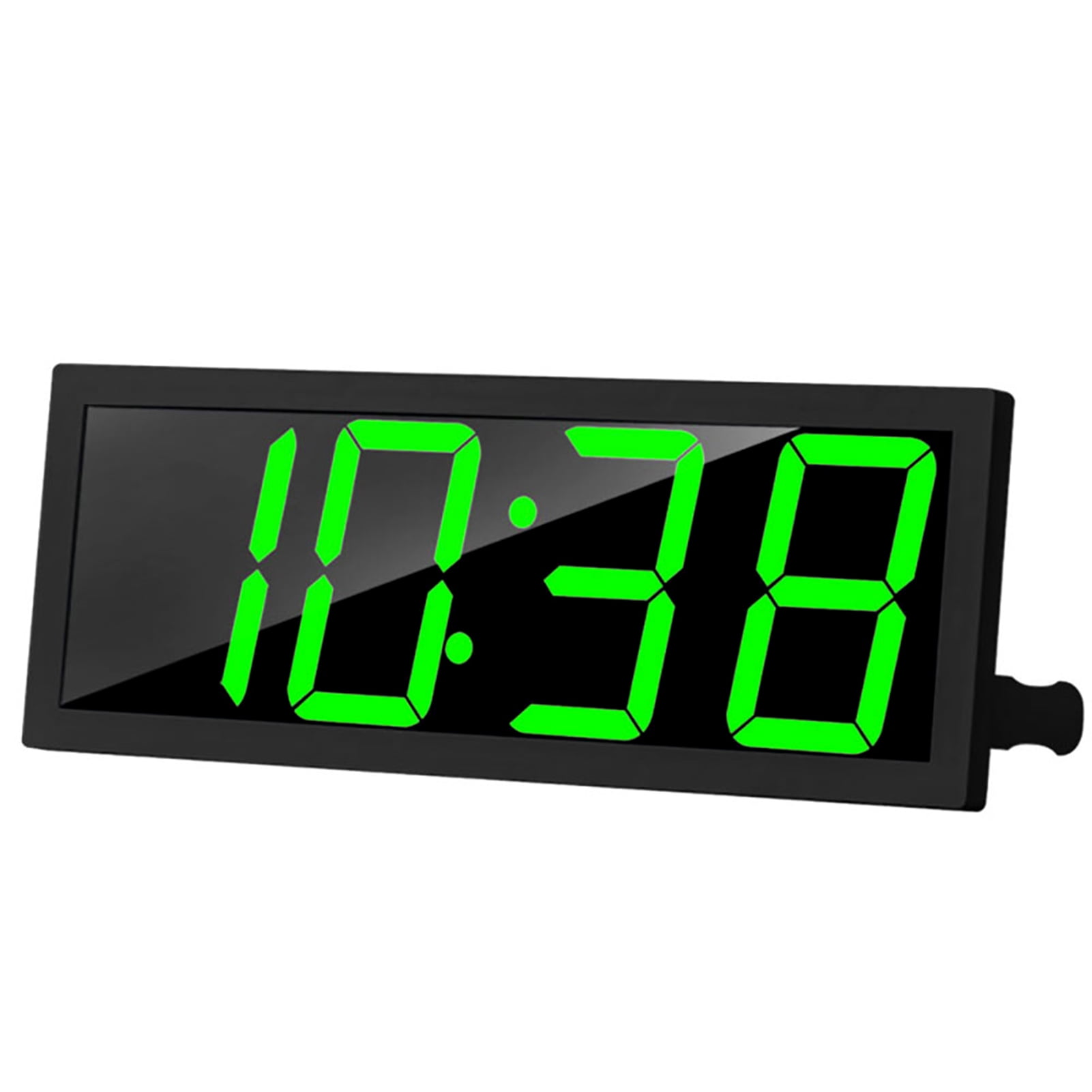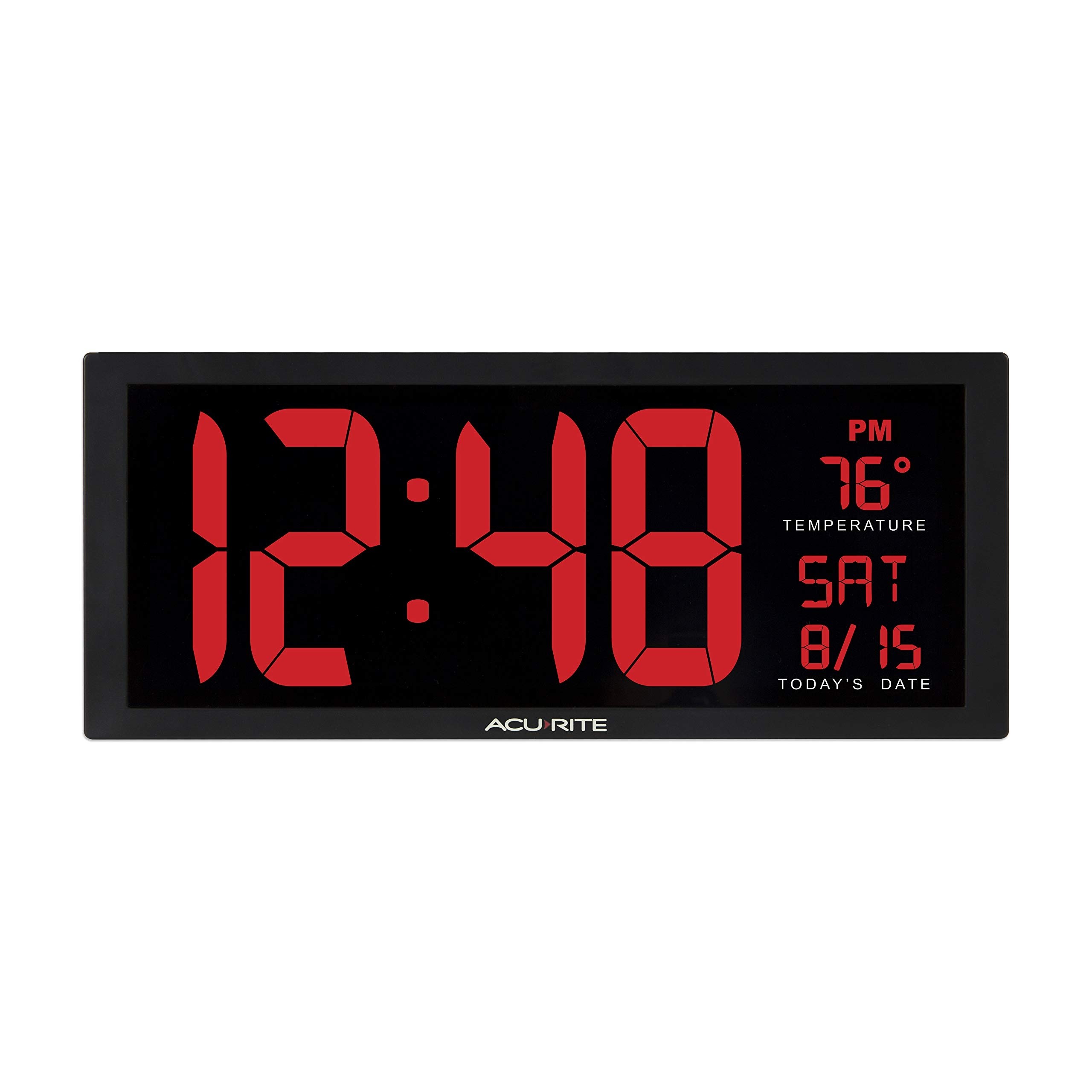

This degree of design maturity results in an unusual amount of goodwill, as it’s more likely that some combination of players will be able to play through the entire massive box to completion. It also means players can drop in and out as the campaign progresses. This means you could simply flip to any chapter and play Oathsworn as a one-off experience. You grab one of the available options and quickly level them up to the appropriate threshold for the adventure. It fully supports adding characters just for a single session. There is a strong sense of world building as you progress and explore the rich setting, but each chapter contains an isolated narrative and confrontation. In this game, each chapter of the campaign consists of a narrative-driven, choose-your-own-adventure story section, followed by a boss battle skirmish on a large board. Oathsworn is the first title I’ve encountered that made an earnest attempt at presenting a flexible campaign system that could adapt to its players’ needs. Oathsworn: Into the Deepwood is an exceptional boss battler in the tradition of Monster Hunter and Kingdom Death: Monster. There is the inkling of a new movement, an attempt at curing these ailments. Beyond my obvious emotional fatigue, pursuing these games one after another has become extremely taxing financially. Just as my group began gaining steam in our Middara campaign, Assassin’s Creed: Brotherhood of Venice arrived and everyone wanted to shift to that. There’s a new one each week, promising breathtaking story, mounds of components, and enough content to carry you to your grave. The crowdfunding surge has only reinforced such ambitious design work. The sheer quantity of these campaign board games is overwhelming.

It’s rigid and prescribed and you’re either buckled up for the entire ride or you’re missing out on the eventual climax. Additionally, editorial control over the story is held by an individual, and can be refined and concluded with short notice. But one chief advantage RPGs hold over campaign board games is that their length may be tailored to preference. Now, the half-finished board game sits on my shelf, staring me down like a judgmental gargoyle. The energy and momentum behind the campaign began to fray and it all fell apart. To make matters worse, I’ve had instances where a regular group member couldn’t make a session. Signing on for a board game should not require an officiant and a license. Some titles, such as Greek myth-punk Aeon Trespass: Odyssey and fantasy anime adventure Middara, require hundreds of hours to complete. Foremost, they require multiple players to commit to a lengthy journey. There are major obstacles when engaging with these types of games. I think we’ve finally reached a tipping point. Many of these behemoths have been given life due to the success of crowdfunding, which has only further ignited the creative spark and endless appetite for this style of board game. The popularity of this genre has increased with the success of games such as Pandemic: Legacy, Gloomhaven, and Kingdom Death: Monster. It takes inspiration from tabletop role-playing games, presenting a unified story arc and character progression over multiple linked sessions. The campaign board game is not a new concept.


 0 kommentar(er)
0 kommentar(er)
